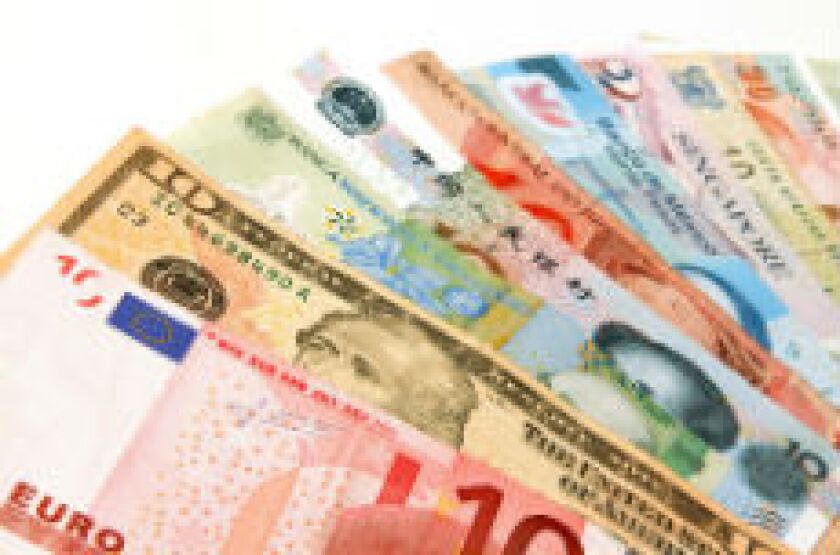GCC tensions rattle buyside, as Turkey, Cote d'Ivoire line up

Tensions in the GCC are rattling the buyside as both bank and non-bank investors wait for clarity over how the rift between Qatar and other regional states will develop. In the broader CEEMEA debt market, investors are eyeing Turkey’s new euro trade as an opportunity to find some juice in the low yield environment, and anticipating the dual tranche offering from Côte d’Ivoire on Thursday.
Unlock this article.
The content you are trying to view is exclusive to our subscribers.
To unlock this article:
- ✔ 4,000 annual insights
- ✔ 700+ notes and long-form analyses
- ✔ 4 capital markets databases
- ✔ Daily newsletters across markets and asset classes
- ✔ 2 weekly podcasts
